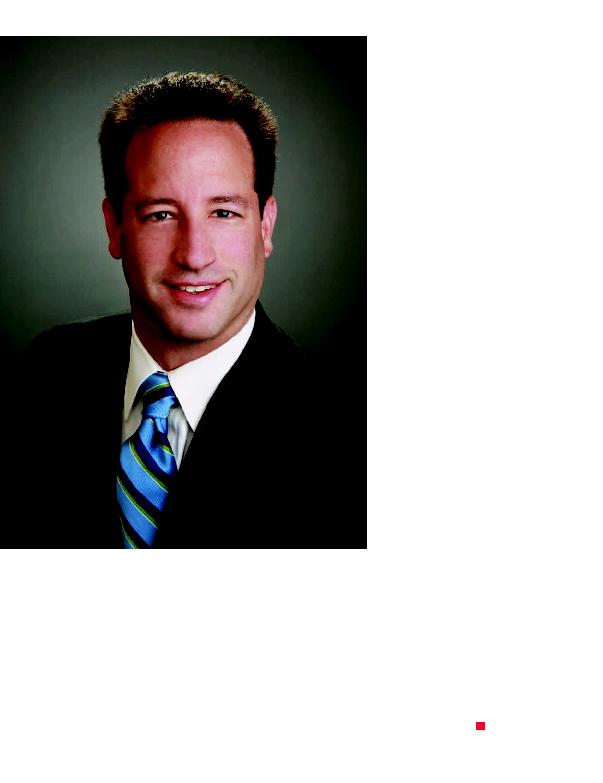
mayor is hoping to develop an app
that anyone in the community can use
to access and input information on a
smartphone--everything from report-
ing a pothole that needs repair to get-
ting the latest garbage pickup dates.
His motivation isn't just to keep the
town updated--it's to keep it a special
place.
role as mayor is not a full-time posi-
tion, since a township manager runs
the day-to-day operations under the
supervision of the township council.
"I love ophthalmology," he says,
adding that he considers it to be a
very exciting field--one that's techno-
logically advanced. "There are so
many improvements in surgical tech-
niques that are exciting--for example,
laser cataract surgery," says Dr. Klein.
"With multifocal implants, near
and far vision improvement is now
possible."
lectual curiosity and because they get
joy from learning new things. This
can apply to public service as well.
"In this public world, once you have
your arms around it, you see there's
something else to jump into and learn
about," he says. He also suggests that
eye surgery is all about problem solv-
ing--a skill he also puts to use as
mayor.
public life comes down to one thing:
"The good you do for people is the
reason behind both."
T
E
S
Y
O
S
H
K
L
E
I
N
M
'
9
see in a day as a physician.
When you get involved in
public policy, taking on the
work of running a small
town, you can touch
more people."